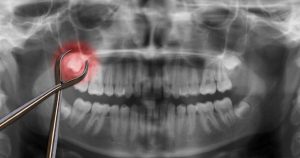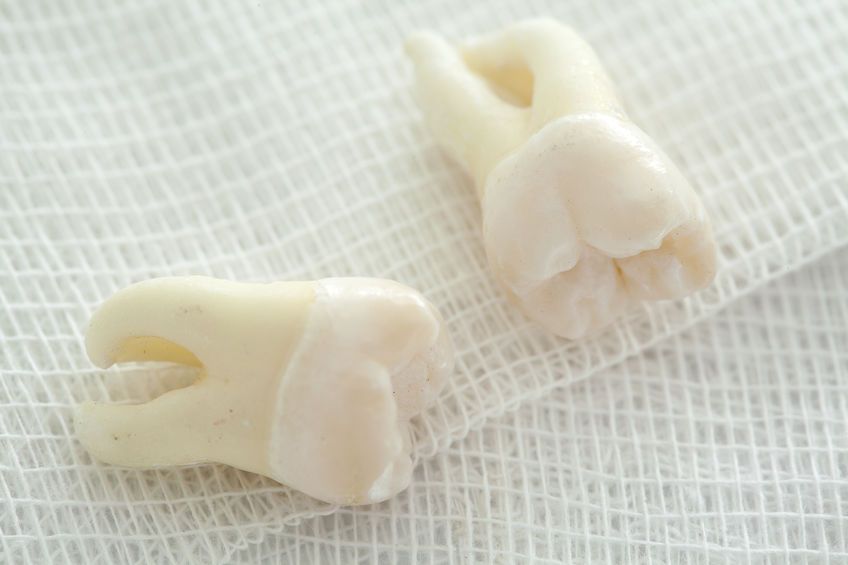
Of course we all hope we never need dental implants, but if you find yourself in a situation where you do, our team is here to explain the process, as well as the benefits of going with dental implants. Some reasons you may end up needing one include having lackluster dental hygiene and limited preventative care, or other reasons like lifestyle, smoking or unhealthy diet, or a traumatic event. All that said, if tooth loss is affecting your quality of life, dental implants are a great treatment choice, and their benefits are as follows.
Natural Look
One great thing about dental implants is they are aesthetically pleasing. This is a great option cosmetically, because dental implants are expertly fashioned to look just like natural teeth. Having a healthy smile is paramount, but we think loving your smile is extremely important too. We want you to enjoy a tooth loss solution that, in addition to being pragmatic, also enhances your smile and the way you feel about yourself.
Restore Chewing Power
On top of looking like natural teeth, dental implants also behave like them. This means that when you opt for an implant, your oral surgeon will help restore full chewing power. After getting your dental implant, you’ll be able to eat normally, and brush and floss your teeth normally as well.
Prevent Bone Loss
Dental implants also serve patients in the area of preventing bone loss. The jaw bone begins to deteriorate more quickly in areas where no tooth is present as a result of the lack of stimulation. If no implant is placed where a patient has suffered tooth loss, that bone area loses approximately 25% of its volume within the first year, and that bone loss only continues with time. But the dental implant not only restores chewing and functionality, but also provides necessary stimulation necessary for bone growth.

Prevent Premature Facial Aging
As we grow older, the lower third of the face begins to collapse, gradually shortening the distance between the tip of the nose and the chin. This facial sagging that accompanies aging can be accelerated by tooth loss and consequently bone loss. These changes include excess and premature formation of wrinkles around the mouth, thinning lips, and a more pointed appearance of the chin. This process can make a patient with bone loss look a lot older than he or she really is, but dental implants can help mitigate these issues.
If you have any questions about tooth loss treatments or dental implant procedures, our team would love to help answer them. Contact us anytime with questions or to schedule a consultation with one of our oral surgeons. We’re here here to preserve your smile!












